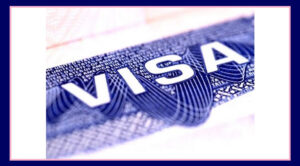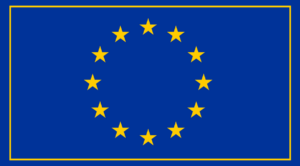The U.S. State Department has introduced a new pilot program that may require certain business and tourist visa applicants to pay a bond of up to $15,000 (around ₹13 lakh).
This plan, scheduled for official release on August 5, 2025, is part of the Trump administration’s ongoing efforts to tighten immigration and visa regulations.
Why This Visa Bond?
According to the notice, the program targets travelers from countries with high visa overstay rates, weak security in their documents, or those offering citizenship in exchange for money without needing actual residency.
The aim of the bond is to make travelers more responsible and protect the U.S. from costs related to overstaying or breaking visa rules.
The bond amount will vary: $5,000, $10,000, or $15,000, based on the traveler’s background and risk level.
Who Will Be Affected?
A complete list of affected countries will be announced within 15 days of the rule’s official release.
However, people from Visa Waiver Program (VWP) countries—which include most of Europe and some parts of Asia and the Middle East—will not have to pay this bond.
Some applicants may also receive waivers if they meet specific positive criteria, decided on a case-by-case basis.
Reactions and Concerns
Critics argue that the bond system may unfairly target travelers from developing countries and make U.S. visits too expensive for many.
The extra cost and process involved in paying and later getting the bond refunded could discourage genuine tourists and business visitors.
Earlier, similar bond plans were considered but never put into action. The U.S.
State Department had previously opposed them due to their complex process and the risk of confusing the public. However, the current administration believes that the time is right to test it now.
Other Recent Visa Policy Changes
This proposal comes after several other changes to U.S. visa rules. These include more in-person interviews for visa renewals and requiring Diversity Visa Lottery participants to have valid passports from their home countries.
What to Expect
If this bond system is approved, it will run for 12 months and could change how the U.S. deals with visa applicants from high-risk countries.
While its goal is to improve security and ensure rule-following, it could also place a heavy financial burden on many travelers.

























